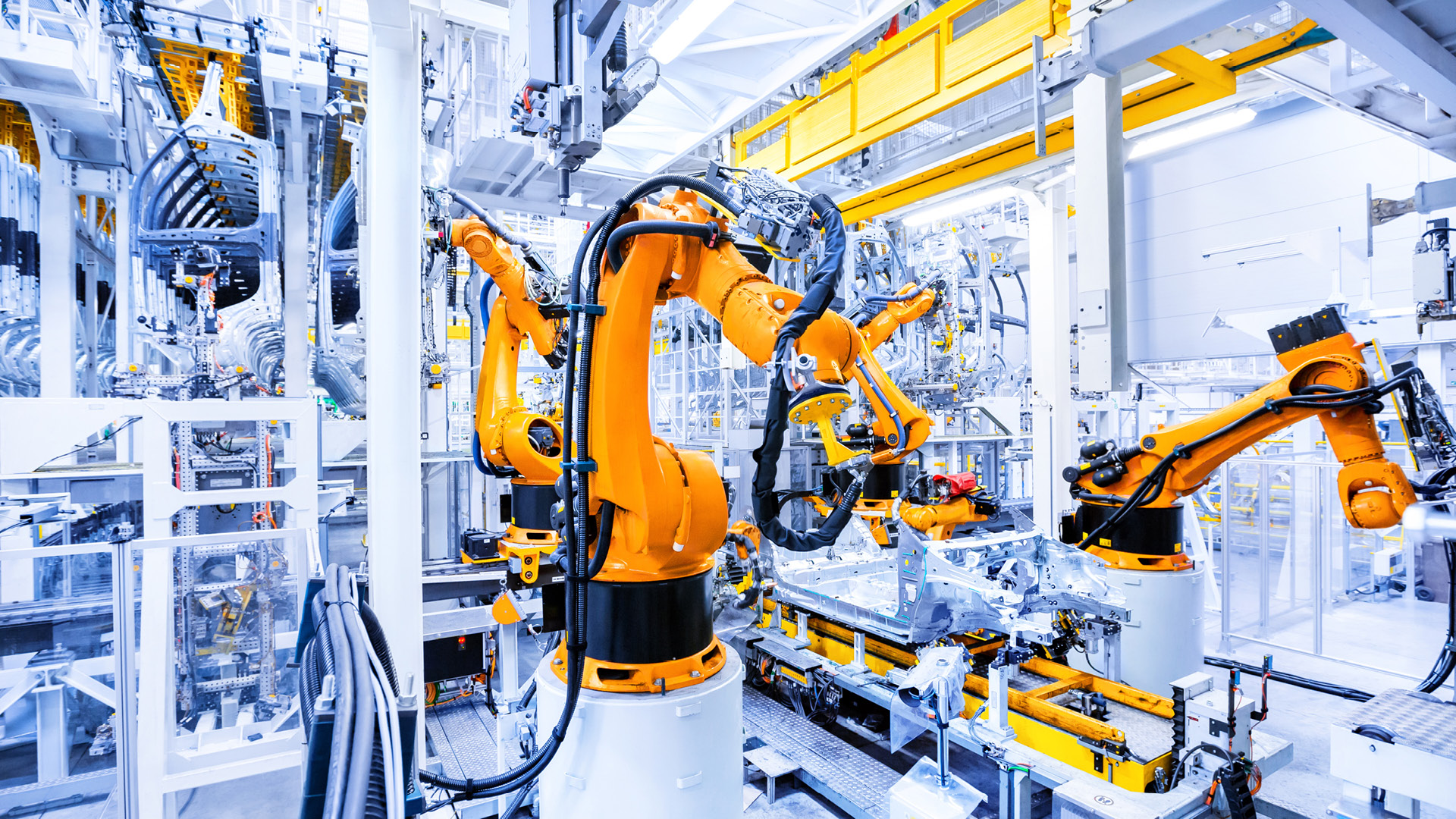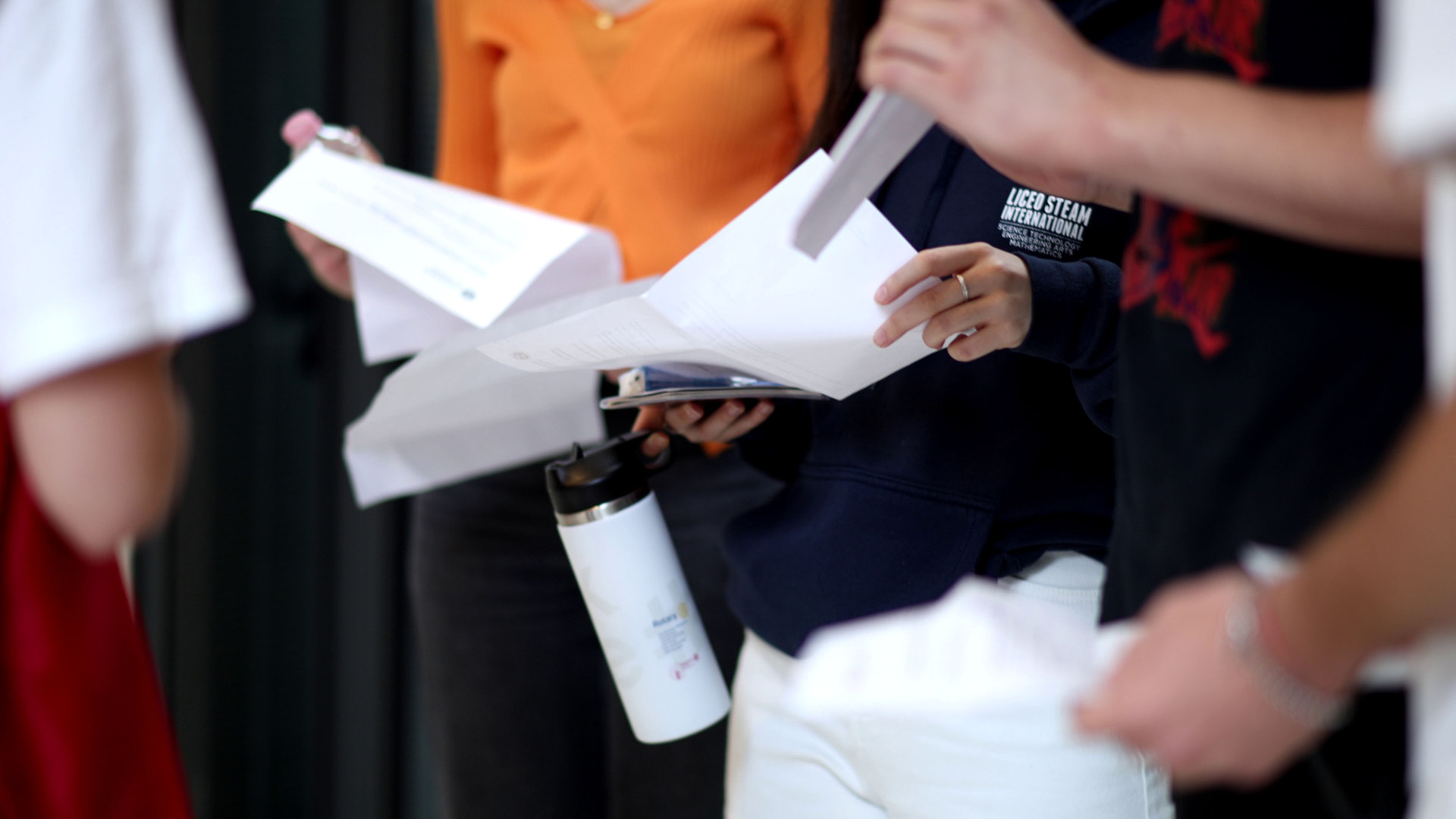PhD Course (D.M.226/2021)
Materials, Mechatronics and Systems Engineering

 COURSE SUMMARY
COURSE SUMMARY
The PhD programme in Materials, mechatronics, and systems engineering, offered by the Department of Industrial engineering, aims to provide the participants with the knowledge and skills required to undertake roles in research and design in technologically advanced sectors of industrial engineering. Particular emphasis is placed on advanced materials, mechatronics, and systems engineering.
The course in brief
 OVERVIEW
OVERVIEW
Research in Materials Science and Engineering focuses on nanostructured materials (alloys, ceramics, nanocomposites), powder metallurgy, biocompatible and biomedical materials (which are also developed at the BIOtech centre in Mattarello), polymeric and composite materials, energy materials (photovoltaic, solar thermal, fuel cells), materials chemistry, high-strength glasses and ceramics. Other key areas include coatings and surface treatments, wear phenomena and corrosion, material degradation, numerical and atomistic modeling, chemical plants and advanced characterisation techniques (microscopy, NMR, thermal analysis, X-ray diffraction).
Research in Mechanical and Mechatronic Systems, with a multidisciplinary approach inspired by Concurrent Engineering, covers topics such as autonomous vehicles, robotics, simulation and modeling of mechatronic systems, intelligent machine tools, product innovation, sensor data fusion, accessibility and assistance systems, mechanisms for space applications, software development for dynamic simulation and optimization, control and estimation of complex systems.
In the area of Electronic Systems and Integrated Microelectronic Systems, research concerns the design of systems for the acquisition, elaboration and management of signals in industrial and social contexts, with a focus on microelectronics, microsensors, embedded systems for automation and the biomedical sector, detectors for particle physics, surveillance and assistance, SoC, ultra-low power systems and advanced data acquisition methodologies.
Finally, operative research develops quantitative models for strategic decision-making, economic efficiency analysis, mathematical optimization, computer simulation, data management systems and methods for risk and uncertainty assessments.
CHIM/07 Chemical foundations of technologies
FIS/01 Experimental physics
ING-IND/13 Applied mechanics
ING-IND/14 Mechanical design and machine construction
ING-IND/15 Design methods for industrial engineering
ING-IND/17 Industrial mechanical plants
ING-IND/21 Metallurgy
ING-IND/22 Materials science and technology
ING-IND/23 Applied physical chemistry
ING-IND/32 Power electronic converters, electrical machines and drives
ING-IND/34 Industrial bioengineering
ING-IND/35Business and management engineering
ING-INF/01 Elettronics
ING-INF/04 Systems and control engineering
ING-INF/05 Information processing systems
ING-INF/06 Electronic and informatics bioengineering
ING-INF/07 Electric and electronic measurements
MAT/08 Numerical analysis
MED/29 Maxillofacial surgery
SECS-S/06 Mathematical methods of economy, finance and actuarial sciences
To apply for the PhD programme, you must have:
- a specialist or master's degree or a degree issued under the previous regulations;
- an equivalent academic qualification obtained abroad (master's degree) that allows admission to the PhD program in the education system or in the country of issue and that is considered suitable by the selection committee for the sole purpose of accessing the course.
Students selected by special committees for specific international mobility programmes in which the University of Trento participates may also apply.
The admission call indicates:
- admission requirements;
- deadlines;
- admission procedure;
- details of the funded positions;
- availability of scholarships.
The call for applications for the 42nd cycle will be published on this page starting in spring 2026.



